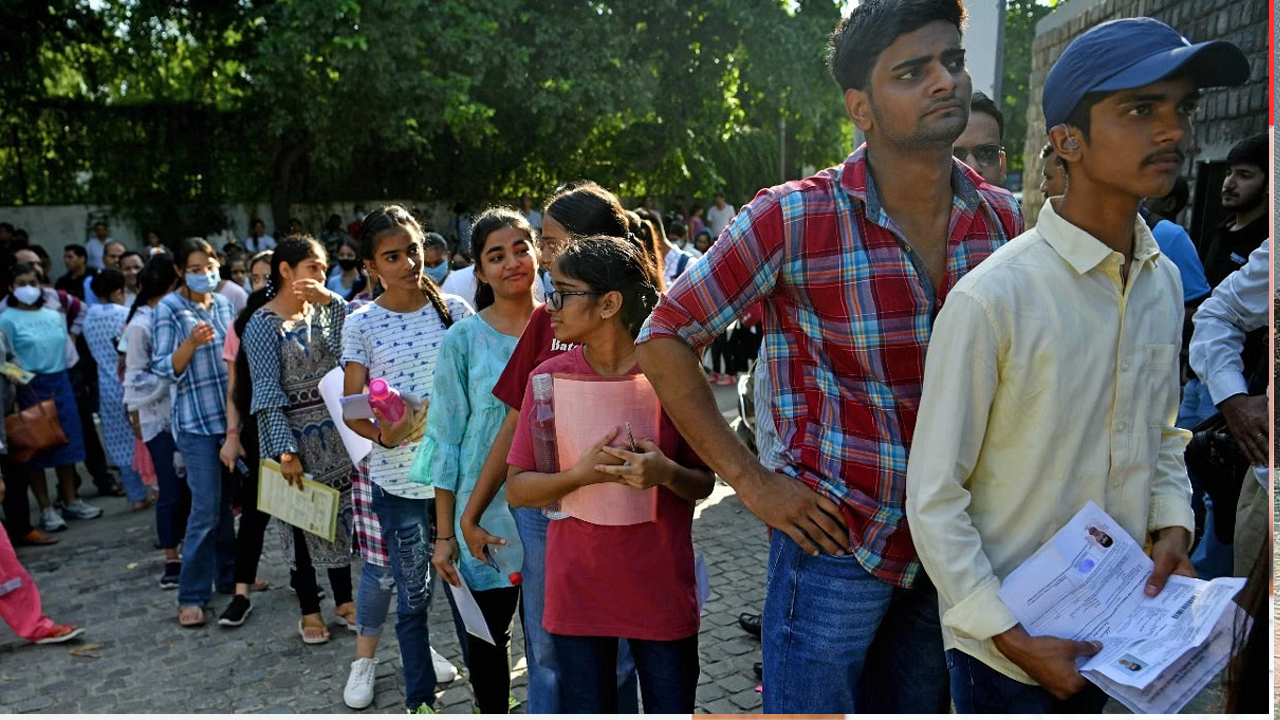Bodh Gaya – Magadh University has officially announced the commencement of online applications for its Undergraduate (UG) programs for the academic session 2025-2029. The university is inviting applications for B.A.,
All posts tagged in UG
3Articles
विश्वविद्यालय अनुदान आयोग (यूजीसी) ने कॉमन यूनिवर्सिटी एंट्रेंस टेस्ट (CUET) में बड़े बदलावों की घोषणा की है। यह परीक्षा देश के कई प्रमुख विश्वविद्यालयों में स्नातक और स्नातकोत्तर स्तर पर
The University Grants Commission (UGC) has recently made a significant stride towards enhancing flexibility in higher education by approving new regulations that allow undergraduate (UG) students to complete their degrees








